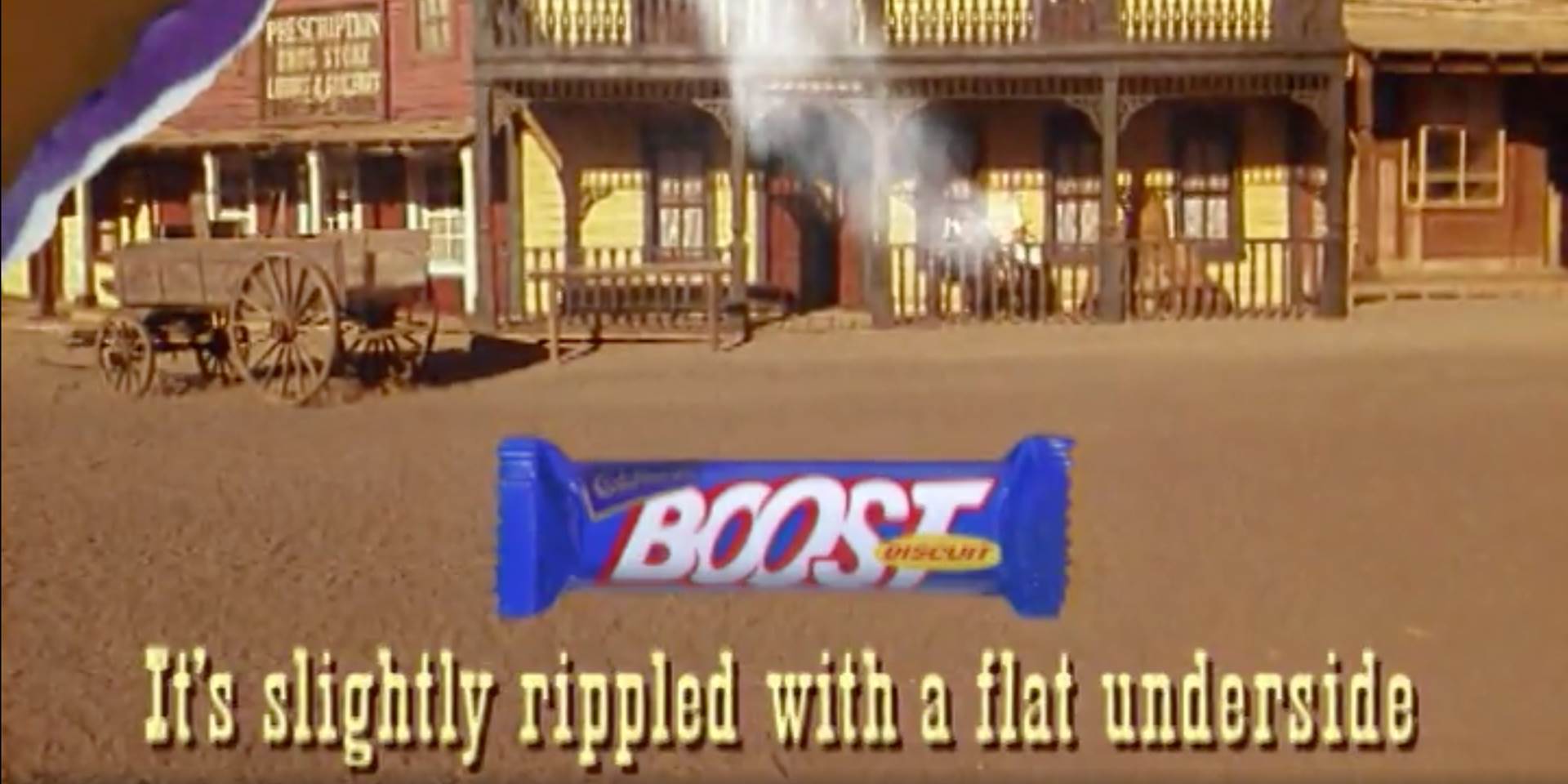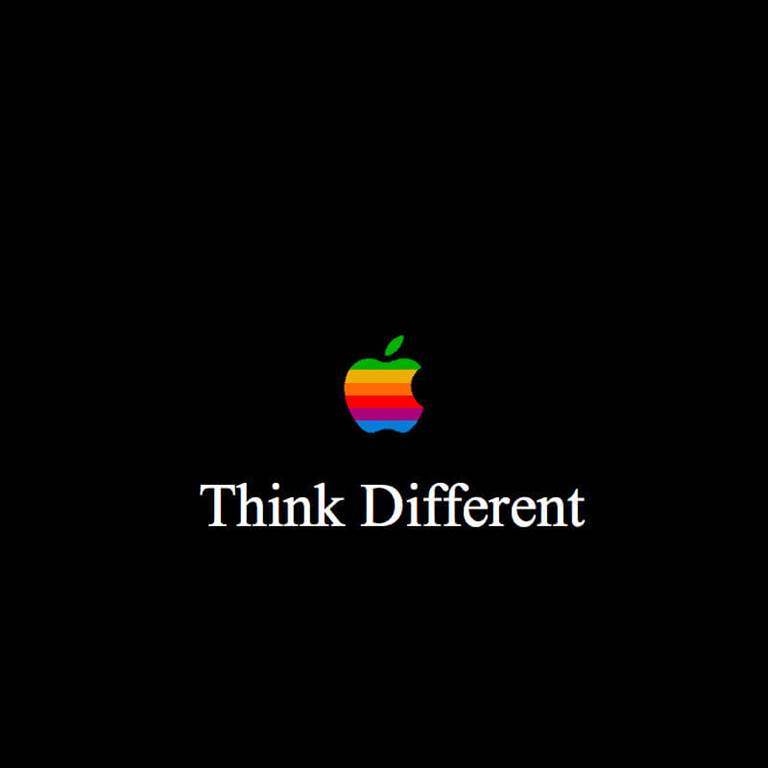IS IT WRONG ENOUGH TO BE RIGHT?
news
Agency News
Published by
Charles Vallance
Date
08/04/2019
In many ways, as the world becomes more logical it becomes madder.
There is a logic for virtually everything we do, from the steps we take each day to the portions of fruit and veg we are supposed to consume to the amount of alcohol we are allowed to guzzle each week. We seem more disciplined, aware and conscientious. Not all of us, but more of us.
Yet all this discipline and logic doesn't seem to bring us the certainty and reassurance we crave. Quite the contrary, there is a general feeling that the world is losing its collective marbles. There are, no doubt, many reasons for the apparent contradiction between our growing ability to impose order and our increasing sense of disorder. But the explanation I like best is the one proffered by Rory Sutherland in his new book; his thesis that people are less logical than they are "psycho-logical". Deep down, I suspect we know this to be true, and yet we spend so much of our time trying to reduce things to logic, trying to remove vagary and whim.

Nowhere is this more apparent than in the fraught area of coming up with an endline.
Nearly all memorable endlines are a bit wrong. "Think different" is technically ungrammatical. At a logical level, "Just do it" is ludicrously non-specific. There is an apocryphal tale that the endline for Orange was nearly "The future's bright, the future's wire-free" – more accurate but less catchy than the famous, audaciously self-referential line that eventually ran.
I remember years ago being in a room near a room near the room where a very funny ad for Cadbury's Boost was conceived. It contained the farcical line (delivered by Vic Reeves) describing the bar as "slightly rippled with a flat underside". Neither the slight rippliness of Boost, nor its flat underside, were particular selling points. But that was immaterial. People remembered the ad and felt an affinity for the brand.
In nervous times, it can be more difficult than ever to persuade clients that the right line is the slightly wrong line.

The one with a quirk, The one with a catch. The one with a flat underside. In these ticklish situations, someone who can sometimes help is the famous Russian psychologist Bluma Zeigarnik. In her groundbreaking Gestalt-inspired research, she found that the most-remembered tasks were incomplete or disrupted.
When you think about it, it's obvious. Which paving stones do you remember? The ones that are perfectly flat or the one that's skew-whiff and makes you trip? Psycho-logically, we know the answer. But how often do we find ourselves at work being encouraged to smooth over the kinks, the nobbles, the trips and the quirks? How easy would it be to say that meerkat and market weren't plausible as a pun and come up with something more sensible? In so doing, despite all the logic for a smooth, trip-resistant surface, the likelihood is that we sacrifice both memorability and likeability.
Nearly all great communication has a catch – something that causes us figuratively to double back and reassimilate. Famous lines that we take for granted and which now seem perfectly plausible are often imbued with an inherent wrongness. "I wandered lonely as a cloud" is such an evocative simile precisely because Wordsworth’s point of comparison is so illogical. There are lots of things you could choose that are solitary and lonely – herons or stars or lightning, for instance. But clouds? Clouds must be one of nature’s most gregarious meteorological phenomena. How often do you see a solitary cloud? Hardly ever is the answer. And it is this wrongness that heightens the poignancy of the image.
So next time you see a line that you think needs the rough edges smoothing off, that snags or feels more awkward than an adolescent at their first disco, perhaps it’s worth pausing and asking yourself: is it wrong enough to be right? It might just be sufficiently flawed to be perfect.


